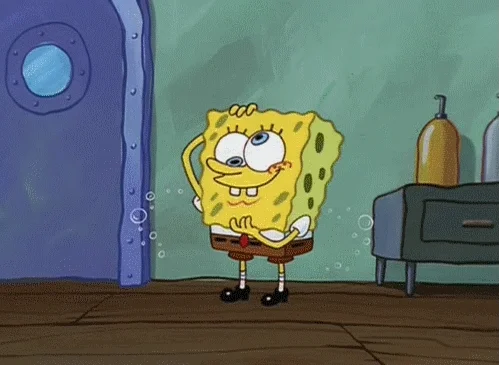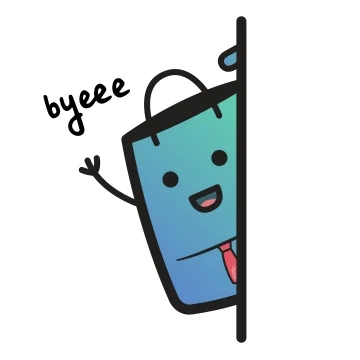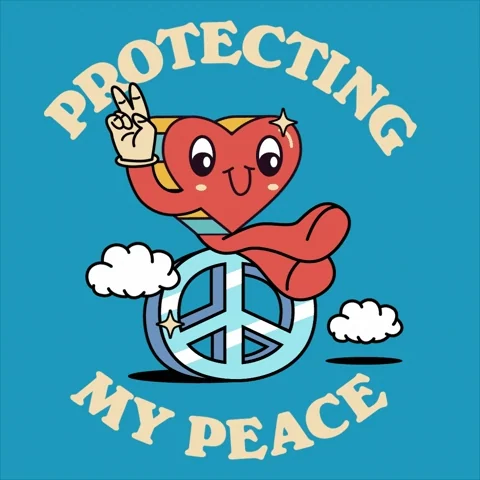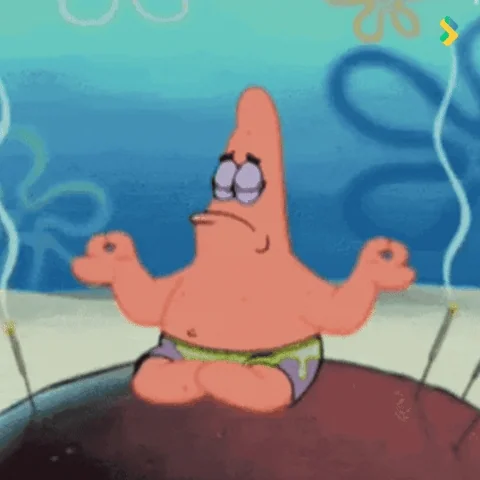Have you ever wanted to just stop talking to someone without explaining why?
Maybe a friend keeps making you feel small, ignores your feelings, or only texts when they need something. You're over it — and ghosting seems like the easiest way out.

But before you disappear like a ghost in a group chat, think about what really feels right. Will silence solve the problem — or leave more questions behind?
It’s not just about walking away — it’s about why you feel like you have to ghost your friend.
1. Check Your Feelings First
Before ghosting someone, ask yourself what's really going on:
Do I feel hurt, drained, or disrespected?
Do I feel safe talking to them?
Is this friend making my life heavier instead of happier?
If you’re not sure what to do yet, give yourself a few days before deciding. Sometimes clarity comes with a little distance.

If your emotions are shouting, “This doesn’t feel right,” listen to them. Your feelings are valid — but understanding why you're upset helps you make a stronger choice.
Pro Tip 💡
Write down how this friendship makes you feel. Sometimes seeing it in words makes the answer clearer.
2. Decide What Type of Issue It Is
Not every issue means the end of a friendship. Some just need a conversation, while others signal it’s time to walk away for good.

Talk It Out If...
They forgot to reply once or twice — life gets busy.
You had a small argument but still care about each other.
There’s been a misunderstanding you haven’t talked through yet.
Walk Away If...
They constantly ignore your feelings or cross your boundaries.
They manipulate, guilt-trip, or control you.
You feel anxious, unsafe, or drained after every interaction.
Pro Tip 💡
If it’s a serious boundary issue — like emotional harm, manipulation, or feeling unsafe —ghosting or blocking someone might be necessary for your mental health.
 Quick Quiz
Quick Quiz
Choose the situations where it makes sense to talk to your friend instead of ghosting:
A. They cancel plans often but explain why and apologize.
B. You feel confused about something they said and want clarity.
C. Your friend accidentally hurt your feelings but seems genuinely sorry.
D. They repeatedly lie or break your trust, and you don’t feel safe confiding in them.
Quiz
Select all situations that apply:
3. See If a Simple Conversation Can Bring Closure
Before hitting “mute,” try sending something short and honest.
You don’t owe a full explanation — just enough to prevent confusion or hurt.
Examples:
"I think it’s best for me to step away from our friendship. I hope you understand.”
“I’ve realized our friendship isn’t healthy for me right now, so I need to move on.”
 Sometimes a small message can prevent bigger misunderstandings or hurt later.
Sometimes a small message can prevent bigger misunderstandings or hurt later.
Pro Tip 💡
Ghosting friends without a word can leave open wounds, so a simple message protects your peace and avoids unnecessary ghosting effects.
4. If You Do Ghost, Do It With Intention
If you decide to ghost, do it to protect your peace — not to punish them.

What to Do:
Quietly mute, unfollow, or step back
Focus on healing yourself
Spend time with people who support you
What to Avoid:
Blocking in anger
Posting “fake friends” quotes
Trying to get their attention by ignoring them
Pro Tip 💡
Ghosting someone should feel like relief — not revenge.It’s okay to step away from a friendship that drains you, but do it calmly and mindfully.
Help Alex Decide: Is Ghosting the Right Move?
Alex and Riley have been friends since freshman year. Lately:
Riley only texts Alex when they want to borrow homework or get help with projects.
When Alex shares personal feelings, Riley says things like, “You’re so sensitive,” or “That's not a big deal.”
Riley often makes jokes about Alex’s insecurities — like their clothes or how nervous they get before presentations.
Alex feels drained and anxious every time Riley reaches out.
 Alex can’t decide what to do. Help them choose apppropriate ways to handle this situation:
Alex can’t decide what to do. Help them choose apppropriate ways to handle this situation:
A. Ghost Riley completely without explanation.
C. Send Riley a short message: “I need to step back from our friendship. I hope you understand.”
B. Keep sharing personal feelings, and hope Riley changes.
D. Start gossiping about Riley to other friends to get back at them.
Quiz
Select any actions that might be appropriate for Alex to take:
5. Reflect and Heal
Once you step away, take time to reflect.
Ask yourself:
What did this friendship teach me?
When did I first feel the shift?
What kind of people do I now want around me?

Healing isn’t about closing doors — it’s about opening new, healthier ones.
Helpful Ways to Heal
Lean on supportive friends or family who make you feel safe and valued.
Tap into hobbies or interests you enjoy, like art, sports, reading, or music.
Journal or reflect on your feelings to understand and release them.
Practice small self-care routines like mindful breathing, walks, or a favorite activity.
Pro Tip 💡
Focus on what you want to create in your life, not just what you walked away from. This makes moving on feel empowering, not regretful.
Take Action
Friendships evolve, and so do you. Whether you choose to talk it out, step back, or walk away, the ultimate goal is peace and emotional clarity — not perfection.

Your feedback matters to us.
This Byte helped me better understand the topic.
